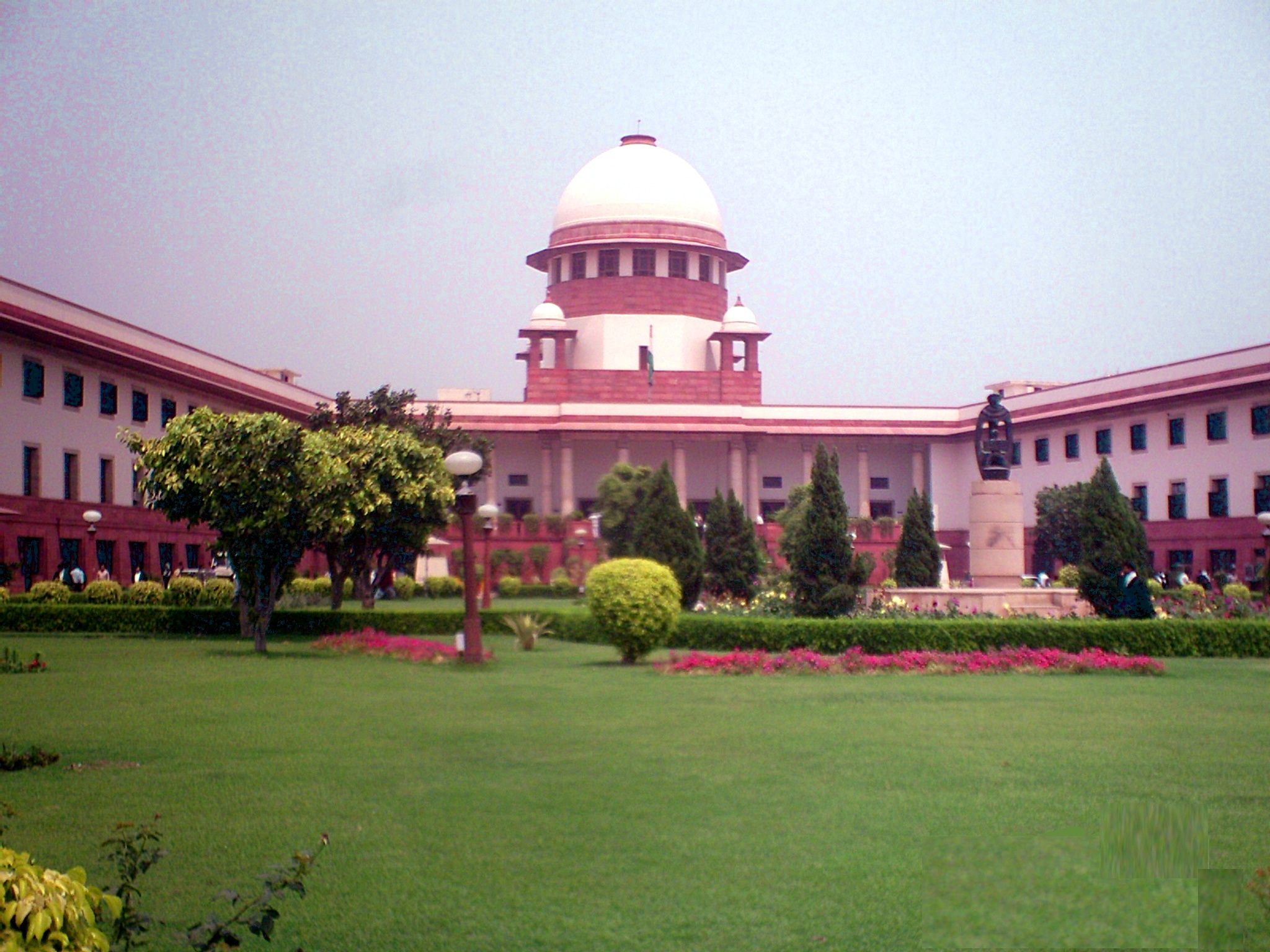SC strong note after Bengal govt inadequate reply for judiciary infrastructure

- Country:
- India
The Supreme Court Wednesday took strong note of the "inadequate" reply of the West Bengal government on construction of courtrooms and residential units for the lower court judges in the state.
The apex court on its own had taken note of over 5,000 vacancies for judicial officers across the country and had directed all the 24 high courts and 36 states and UTs to apprise it of remedial measures.
A bench headed by Chief Justice Ranjan Gogoi had summoned the Chief Secretary and the Finance Secretary of West Bengal on Wednesday to apprise it of the deadline for completion of construction of 422 courtrooms and 630 residential units for subordinate judges in the state.
Chief Secretary Malay Kumar De along with the Finanace Secretary appeared before the bench, also comprising Justices S K Kaul and K M Joseph, and unsuccessfully attempted to satisfy it about the pending projects and their date of completion.
The CJI asked the top bureaucrat as to when the under construction projects for 75 court buildings and 39 residential units would be completed.
It also asked as to when the construction of 422 court halls and 630 residential units will commence.
At the outset, the court today said out of the 75 court building projects, only 23 have been granted the approval and asked as to how many courts would be housed in the 23 projects.
"I do not have the exact details," the Chief Secretary replied and sought some time to collate information.
"This is unacceptable. We need courtrooms for judges to sit and residences to stay," the bench said.
"We are only at the tip of the iceberg. We require 422 buildings but only 75 are being constructed. Out of that, approvals have come only for 23," it said, adding, "Is it not the Constitutional duty of the state to provide court halls and residences for judges?"
The court was unimpressed with the recent affidavit filed by the state government and said that it has been "skilfully drafted" and did not give the requisite information.
"We have called the highest authority of the state that is the Chief Secretary. If the Chief Secretary is unable to provide us answers, then what will we do," the bench asked.
The bench said, "So far as the appointment of judges was concerned, we will do that, but where the judges will sit and reside."
"Tell us as to how many courtrooms and residential units would be built in the 23 projects," the bench asked in the forenoon and asked the top bureaucrats to discuss and come back to it.
The bench was also critical of the approach of the Calcutta High Court Registry and asked as to why it did not inform the state government about the judiciary's requirements of courtrooms and residences.
"The long and short of the matter is, how can you blame the state government if you do not give the proposal about your requirement," it said.
Later, the bench asked the state government to file a status report on the infrastructure projects.
The bench, during the day, took up the issue of vacancies of judges, their recruitment processes, infrastructure and manpower for the lower judiciary in states of Gujarat, Himachal Pradesh, Jammu and Kashmir, Karnataka and Kerala.
The bench was also critical of the appointment process especially in Karnataka where 30 posts of district judges were advertised and only four were selected for appointment.
Out of over 4,000 candidates, only 33 were selected for appointment as a Civil judge, junior division against the vacancies of 101.
"Out of 30 district judges post, you selected only 4. In civil judges, out of 4,700 fresh law graduates, you could not select 101 judicial officers. You selected only 33," it asked.
"What are looking for. You (High Court) have set so high standard...who is conducting the interview," the bench said.
On being informed that five High Court judges had interviewed the candidates, the bench said, "Five High Court judges interviewing 23-year-old law graduates for the post of 'Munsif'! How can they pass through."
The bench asked high courts and the states to complete the exercise of filling up vacancies, constructing courts, residences and providing man powers for judges expeditiously.
Now, the court would deal with such issues relating to Madhya Pradesh, Madras, Odisha, Patna and Punjab and Haryana.
It had said there were 22,036 posts of higher and lower judicial officers in lower courts in the country and, as on date, 5,133 posts are vacant.
The top court had appointed senior advocates Shyam Divan, K V Vishwanathan, Vijay Hansaria and lawyer Gaurav Agrawal as amicus curiae and asked them to assist it in dealing with the case.
Divan would deal the vacancies and the processes needed to fill them up in states of Uttar Pradesh, Maharashtra, West Bengal, Chhattisgarh, Delhi and the North-Eastern states.
While Vishwanathan would assist the top court in dealing with the vacancies in Gujarat, Himachal Pradesh, Jammu and Kashmir, Jharkhand, Karnataka and Kerala, Hansaria would deal with Madhya Pradesh, Madras, Odisha, Patna and Punjab and Haryana.
Agrawal would render assistance to the top court in dealing with the issue of vacancies in states of Rajasthan, Sikkim, Telangana, Andhra Pradesh, Tripura and Uttarakhand.
(With inputs from agencies.)
ALSO READ
Arvind Kejriwal's non-cooperation with ED is visible: Delhi High Court
Calcutta High Court orders CBI investigation into allegations of crimes against women and land grabbing in Sandeshkhali
Tech Mahindra, Microsoft collaborate to launch user-friendly unified workbench
Calcutta High Court directs CBI to investigate allegations of crimes against women and land grabbing in Sandeshkhali
It progresses across ecosystem, Agarkar on Kohli's fitness benchmark










